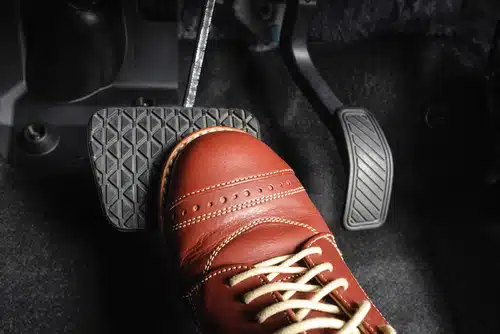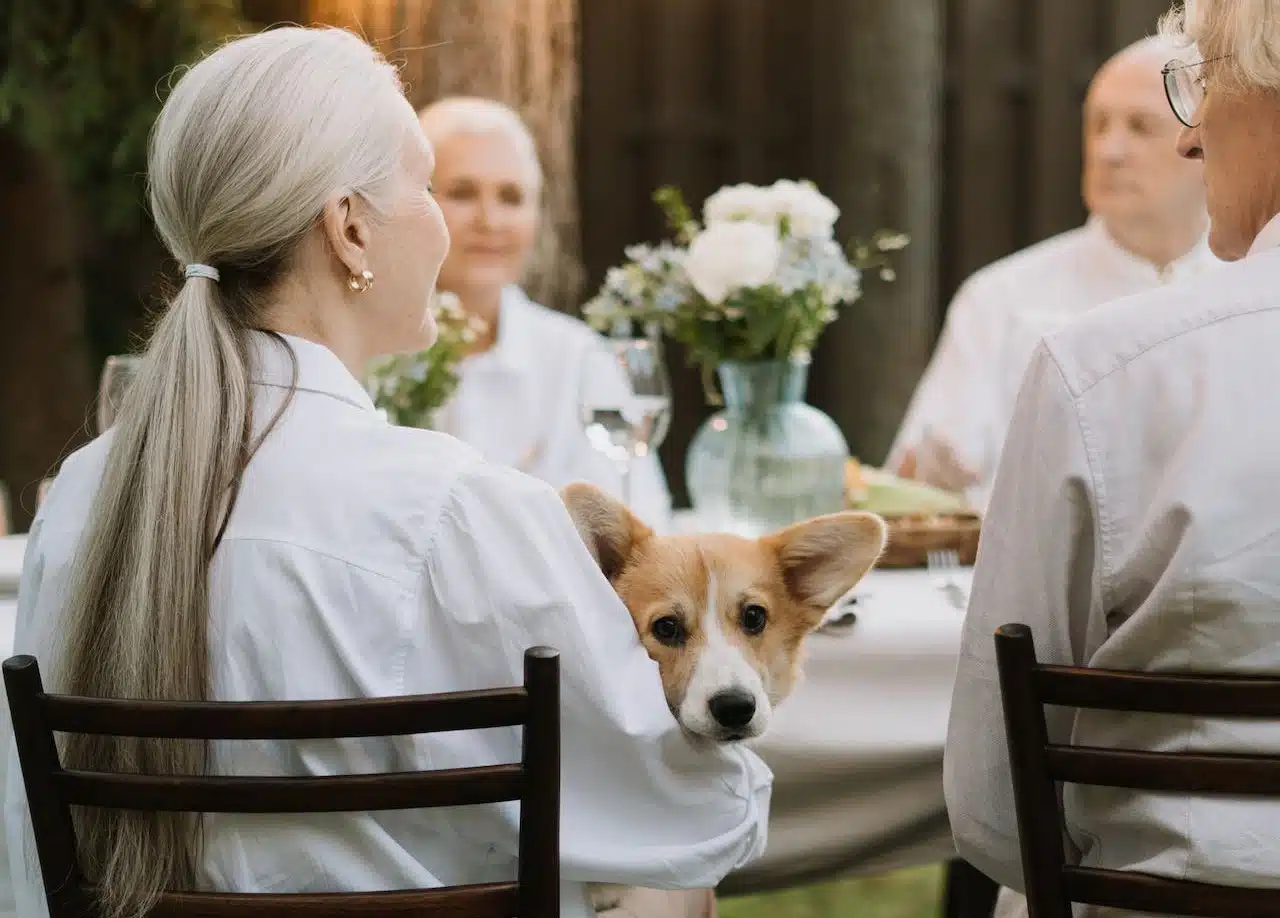Home » Blog » Car » Car Lifestyle » Buying a Car at an Auction: What You Need to Know
Categories
Tags
animal welfare
breed profile
buying a car
buying a pet
Car
car accessories
car care
car features
car insurance
Car safety
car sales
car service
cat
cat behaviour
cat body language
Cat Breeds
cat food
cat insurance
comprehensive car insurance
Dog
Dog Behaviour
dog body language
Dog Breeds
dog food
Dog Insurance
dog training
eco friendly cars
Kitten
New Car
pet accessories
pet activities
Pet Adoption
pet breeders
pet days of the year
pet fun stuff
Pet Health
pet insurance
pet parenting
Pet Safety
pet services
Puppy
rescue pets
road safety
road trip
safe driving
Recent Blog:
Facebook Posts
2 days ago
Growing old sometimes means we can’t take care of pets anymore. Find out some advice on what to do when this happens:![]()
![]() Senior Pet Parents – Contingency Plans for Your Pet – bit.ly/44bzwkS
... See MoreSee Less
Senior Pet Parents – Contingency Plans for Your Pet – bit.ly/44bzwkS
... See MoreSee Less
Senior Pet Parents' Contingency Plans for Pets
www.pd.com.au
Sometimes senior pet parents need more downtime. For older pet owners, this can be tricky to navigate if their dog or cat is full of beans and wants to4 days ago
Before you rev up the engine, let’s run through a checklist of things to do before starting your car. Not only do these steps ensure your safety (and that of others around you), but they also help in maintaining your vehicle's longevity.![]()
![]() Driving Tips: Your Checklist Before Starting Your Car -
... See MoreSee Less
Driving Tips: Your Checklist Before Starting Your Car -
... See MoreSee Less
Driving Tips: Your Checklist Before Starting Your Car
www.pd.com.au
Heading out for a drive? Hold up a second! Whether you're dashing off to work, running errands, or embarking on a road trip adventure, there are a few1 week ago
Are intestinal worms setting up camp in your dog’s gut without paying rent? Here’s how to spot the main culprits and get rid of them too:![]()
![]() Preventing, Identifying and Treating Intestinal Worms in Dogs - bit.ly/43YjCKu
... See MoreSee Less
Preventing, Identifying and Treating Intestinal Worms in Dogs - bit.ly/43YjCKu
... See MoreSee Less
Preventing, Identifying and Treating Intestinal Worms in Dogs
www.pd.com.au
Intestinal worms, such as roundworms in dogs are one of the least glamorous topics on the planet. These intestinal parasites that basically use our dogsWhen it comes to purchases, a car is probably the second most expensive type you’ll make in your life. Opting for something second hand at one of Australia’s car auctions is a money-saving option you may want to look into. After all, buying cars at auction can be 10 – 30% cheaper than from your local dealership or when bought privately.
But many of us haven’t bought a car at an auction and may be a little in the dark – or even intimidated – when it comes to going to one. Not to worry, we’ve detailed everything you need to know below.
PS: If you’re still unsure of the pros and cons of brand new vs used, read our Second Hand Car or New Car? article.
Table of contents
What cars are sold at car auctions?
Car auctions are places where second hand vehicles are publicly sold to the highest bidder. They may include vehicles from a number of sources, including:
Off-lease cars
Cars bought on finance that’ve been returned to the financial institution at the end of the lease term.
Off-rental cars
Car rental companies usually replace their fleet once a year, releasing a large number of second-hand cars into the secondary market.
Company/fleet cars
As the name suggests, companies may own a number of cars, trucks or vans for their operations. They typically replace these at certain intervals.

Ex-government vehicles
The government provides certain workers and officials with cars that are typically replaces at particular time periods.
Repossessed cars
Cars that’ve been repossessed by financial institutions due to late payments, undisclosed past credit issues, or failure to maintain full coverage comprehensive car insurance.
Traded-in vehicles
Dealer inventory that’s aging or does not meet their market positioning.
Salvaged vehicles
Vehicles that’ve been in accidents, floods, fires, or recovered thefts. These are typically bought by insurance companies that then sell them to dealers or body shops to be fixed and resold.

Car auctions 101: Keys to remember
Now you know what cars are up for sale at an auction, here’s what you need to know about buying a car from an auction:
You’re buying as is
At an auction, you’re buying the car as is and cannot return it. If there are defects on the car that’ve been communicated to you in the car’s profile, you’re signing up for those. There may also be defects you won’t be able to see and only become aware of later. Either way, with auctioned cars the sale is final and you cannot return it to the auction house.
No test drives
You may bring a mechanic along and give the car you’re interested in a good visual inspection. You may also be able to start the engine, but you won’t be allowed to take the car for a test drive.
There are additional costs
When you win a bid, that’s not the final amount you’ll pay. There are additional costs to buying at an auction, including VAT and the auctioneer’s house’s fees.
There are payment options
If you’re not able to pay cash for the vehicle upfront, you can either take out finance though the auction house, an unsecured (personal) car loan, or a secured car loan.

Registering for an auction
You typically can’t just arrive at an automotive auction and start bidding. You have to register with the auctioneer beforehand, either online or at the auction house. You’ll need to provide your name, address, phone number and a photo ID.
If you’re participating in an online auction, you may be able to set ‘pre-bids.’ This is where you put in your offer beforehand. During this period, other people can bid against you with their pre-bids.
You may also have to pay a deposit during registration or on the day of the auction in order to be allowed as a bidder. This is for auction houses to make sure you’re a serious bidder. The deposit will be refunded if you ended up not bidding on any car. If you successfully bid on a car and won, the deposit will be deducted from the total purchase price.
Deposits may vary depending on the type of auction. Pickles, for instance, charges a $500 for government car sales and $1,000 for prestige cars sales.

Which car auctions are there?
To find an auction near you, a quick Google search is always a good option. Something like ‘car auctions near me’ or similar. Most auction houses now offer online bidding via simulcast, meaning you can tune into a video stream and don’t have to physically be at the auction to bid.
Australia’s biggest auction houses are Manheim and Pickles.
In fact, Manheim is one of the world’s largest car auctioneers and has sites in all capital cities, as well as Newcastle and Townsville. Their auctions are also simulcast online. Participating in their auctions requires a deposit of $500. Pickles has 28 sites across Australia and asks a deposit of $500 for general or government car sales and $1,000 for prestige car sales.
There are also auction houses that trade exclusively online. Users are usually able to log in to a live stream of the auction and place bids. Once they’ve won the car they can either go and fetch it or have it driven at a cost to their residence.
Popular online car auction sites include Grays Online, Lloyds Auctions, and Bids Online.
How to bid on a car
So you’ve registered and paid your deposit. Now you’ll be given an identifying marker – usually a numbered card or a paddle. If you’re buying cars at auction online, you can place your bid with a button on their app or website.
Cars typically have a reserve price on them, meaning they’ll only be sold if bids are over a certain amount. The auctioneer will usually announce when bids have reached the reserve price and, therefore, the car is set to sell. If you’re lucky, you may be able to win the bid at the reserve price. If the car is in high demand, competing bids may push the price well beyond the reserve price.
Auctions can be very exciting! As you may have seen in the movies, auctioneers are quick thinking fast talkers. Here are some useful auction tips to give you an edge at the auction:
Remember to raise your paddle only if you’re a serious buyer. After all, if you win the closing bid you’ll be liable to buy the car for that price.
Purchasing involves putting a down payment on the car on the day, usually about 10% of the purchase price. Depending on the terms, you may be able to drive the car home and finalise the rest of the payment later.
Buying cars at auction and getting them insured
Whether you’re buying a new car or one at car auctions, you’re going to want to make sure it’s insured before you drive it off the lot. You never know what could happen as you’re driving your new baby home.
PD Insurance offers comprehensive, value-rich car insurance for your vehicle – whether it’s brand new or second hand. Why not get a quote today?
Share On:




